CALI, Colombia, Nov 1, V7N -The world's largest nature conservation conference, COP16, is closing in Colombia with unresolved issues on funding to "halt and reverse" biodiversity loss. Delegates from 23,000 registered participants struggled to agree on financing mechanisms to meet the Kunming-Montreal Global Biodiversity Framework's ambitious $200 billion per year goal by 2030, including $20 billion from wealthy nations to support conservation efforts in developing countries.
Developing nations advocate for a new fund under the UN's biodiversity convention to ensure fair representation and decision-making power, while wealthier countries argue that existing funding channels are sufficient. With biodiversity loss directly linked to climate change, officials, including European Commission envoy Florika Fink-Hooijer, highlighted recent deadly flooding in Spain as an example of the consequences of environmental degradation, urging delegates to "act."
Beyond funding, a major point of contention is how to equitably share the financial benefits derived from digital genetic data, often sourced from plants and animals in poorer regions. This data fuels billion-dollar industries like pharmaceuticals and cosmetics, but mechanisms for fair profit-sharing remain unclear.
UN Secretary-General Antonio Guterres, visiting Cali to rally support, emphasized the urgency of the negotiations, warning that Earth's biodiversity—and humanity's own survival—are at stake. Indigenous communities have also been vocal, demanding stronger rights and representation under the Convention on Biological Diversity, though no final agreement on this has yet been reached.
As the summit wraps up, COP16 participants have selected Armenia to host the next conference in 2026, while remaining issues may prompt extended talks beyond the scheduled end.
END/CLM/RH/








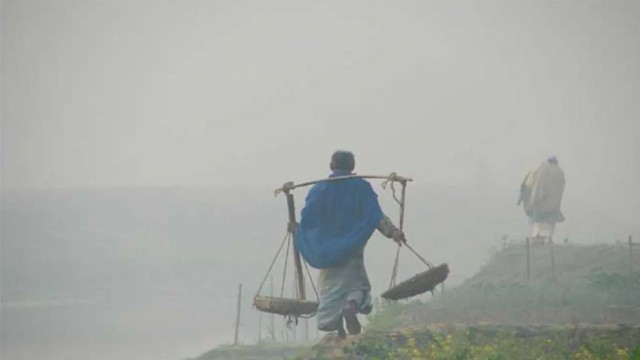







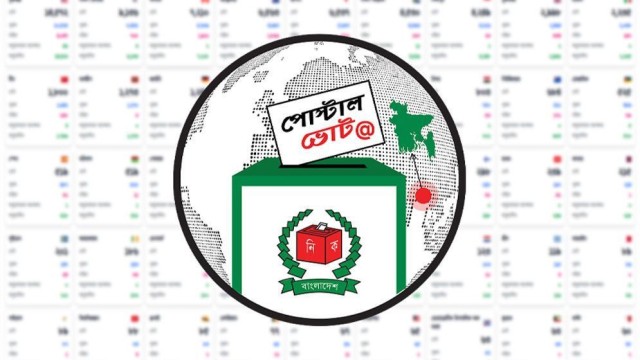
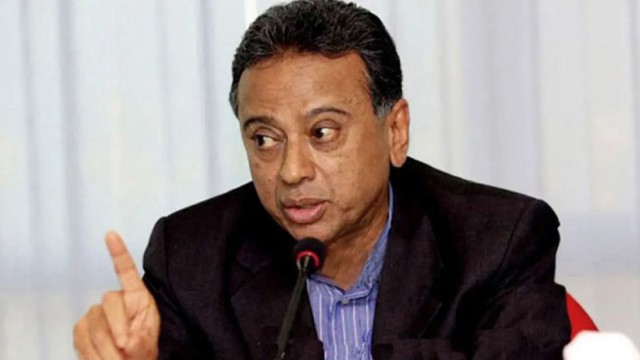

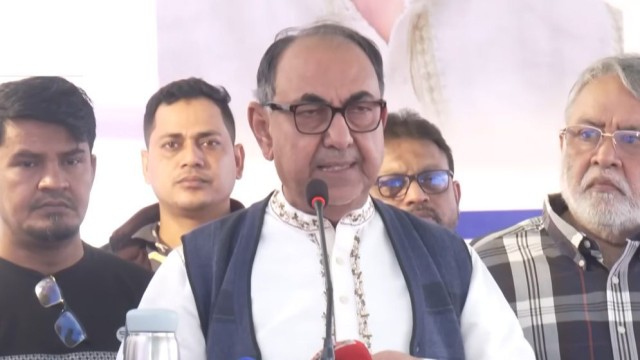








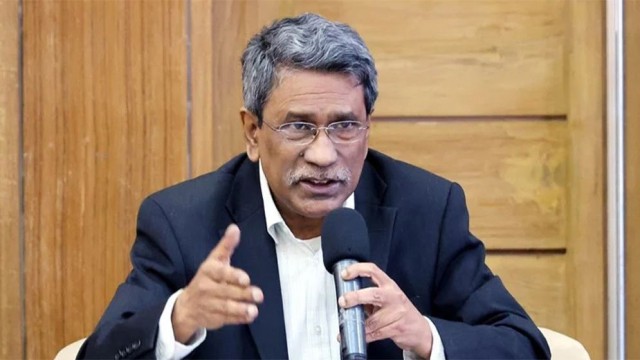


Comment: